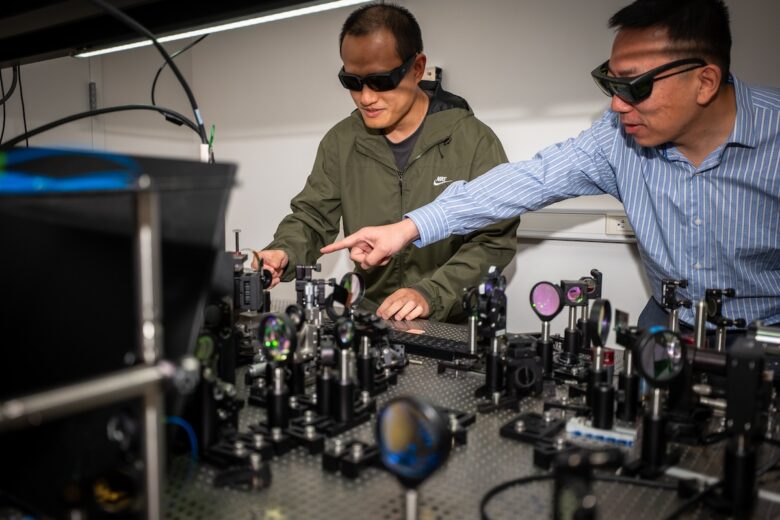
Penn Engineers have developed the first programmable chip that can train nonlinear neural networks using light — a breakthrough that could dramatically speed up AI … Read More ›

Penn Engineers have developed the first programmable chip that can train nonlinear neural networks using light — a breakthrough that could dramatically speed up AI … Read More ›
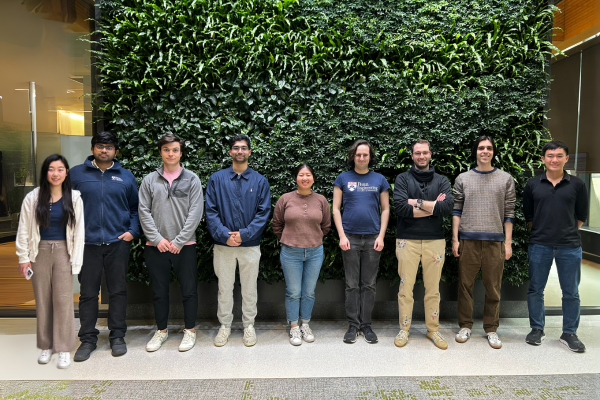
As AI continues to evolve, its integration into safety-critical domains, such as autonomous vehicles or medical diagnosis tools, has raised pressing concerns. Current machine learning … Read More ›
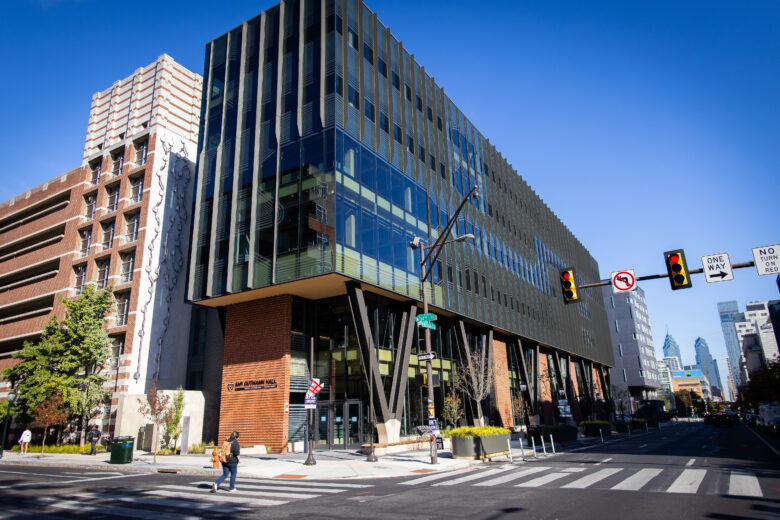
In an era defined by rapid technological transformation, artificial intelligence (AI) has emerged as a central force reshaping nearly every facet of human life—from health … Read More ›

The University of Pennsylvania’s Jason Altschuler, César de la Fuente, Liang Wu, and Anderson Ye Zhang have each been selected to receive a 2025 Sloan … Read More ›
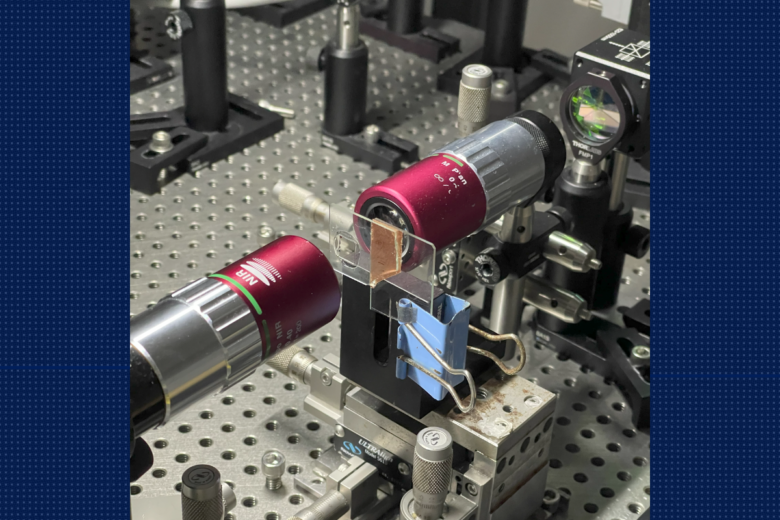
In the realm of quantum information distribution, sending a signal from point A to point B is like a baseball pitcher relaying a secret pitch … Read More ›
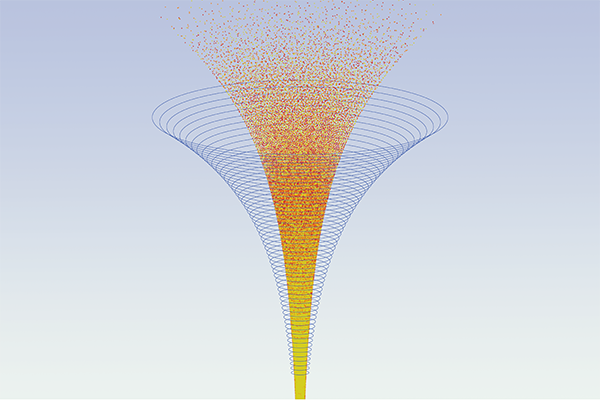
In 1965, Gordon Moore defined a relationship between cadence and cost for computing innovation that came to be known as “Moore’s Law.” This rule both … Read More ›
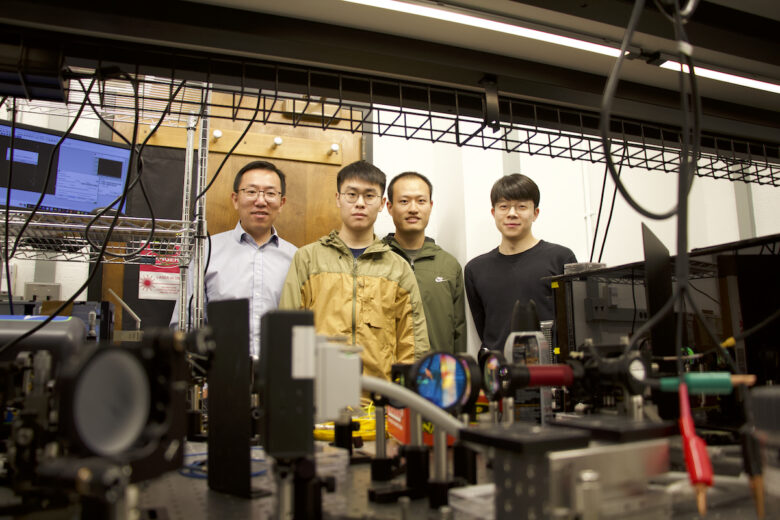
Every second, terabytes of data — the equivalent of downloading thousands upon thousands of movies at once — travel around the world as light in … Read More ›
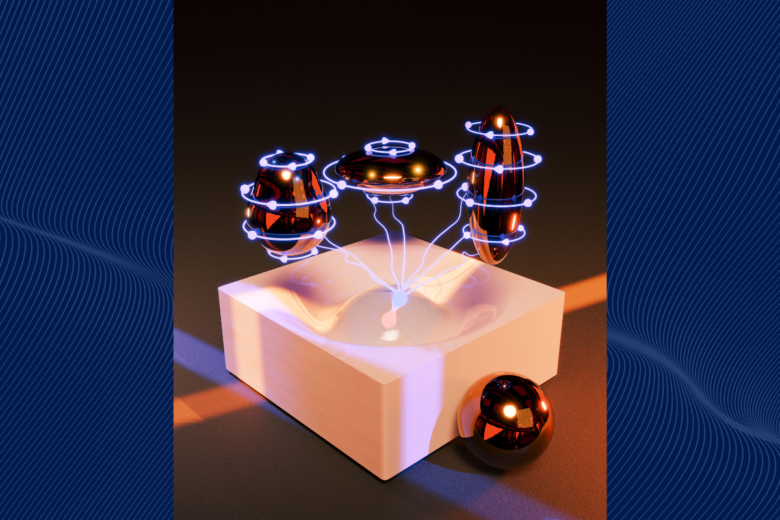
Since the 1950s, scientists have used radio waves to uncover the molecular “fingerprints” of unknown materials, aiding in tasks as varied as scanning the human … Read More ›
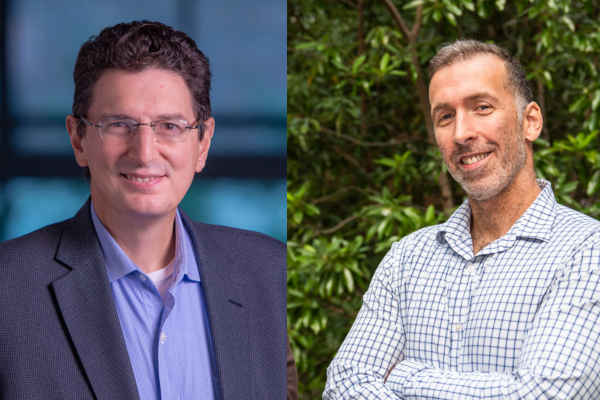
George Pappas, UPS Foundation Professor of Transportation in Electrical and Systems Engineering (ESE) and Associate Dean for Research for Penn Engineering, and Nikolai Matni, Assistant … Read More ›

Cherie Kagan, Stephen J. Angello Professor in Electrical and Systems Engineering (ESE), has been named the recipient of the 2024-25 George H. Heilmeier Faculty Award … Read More ›